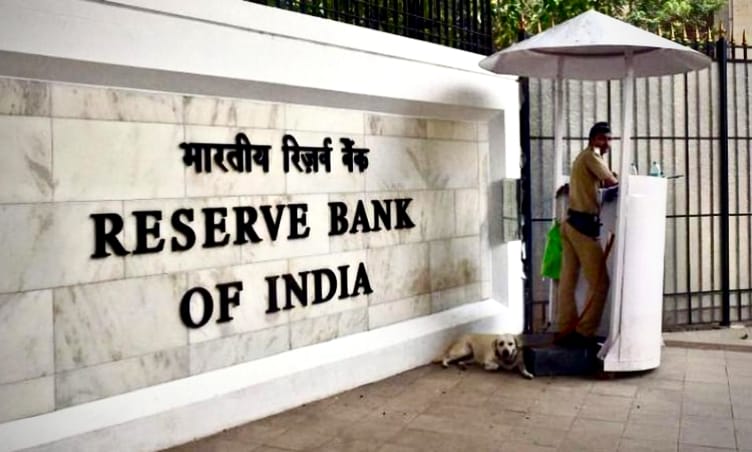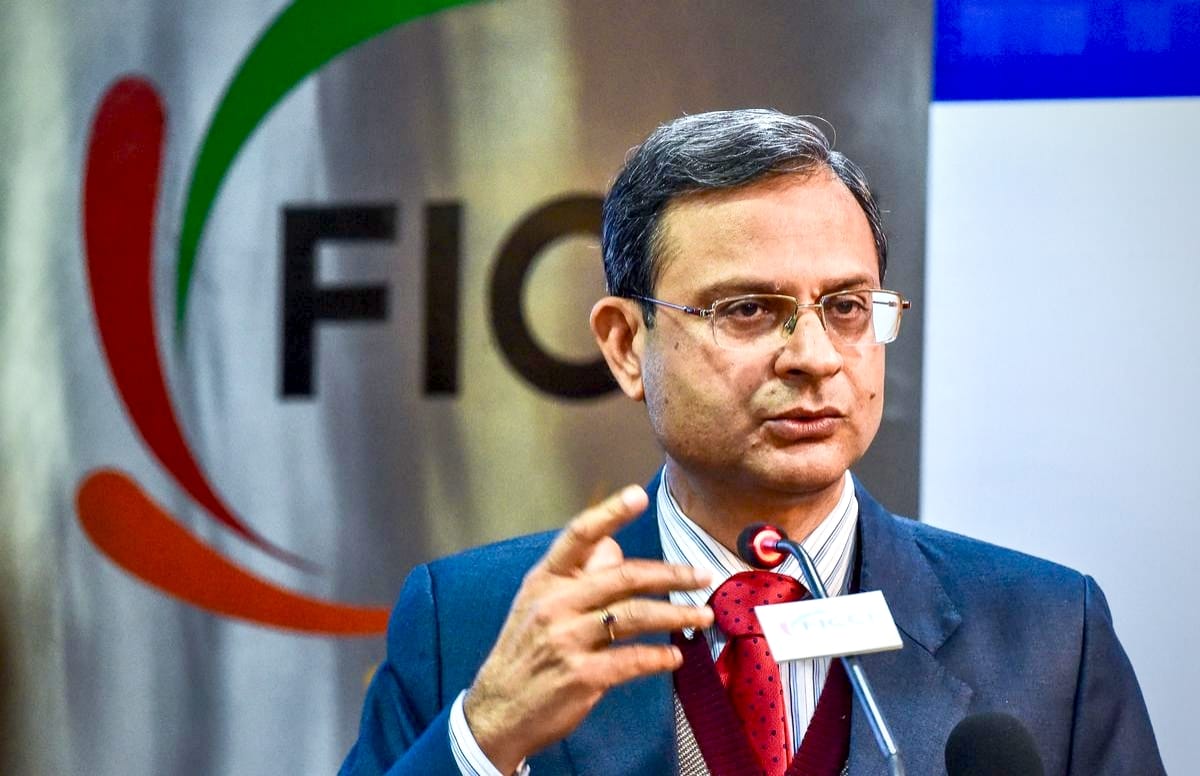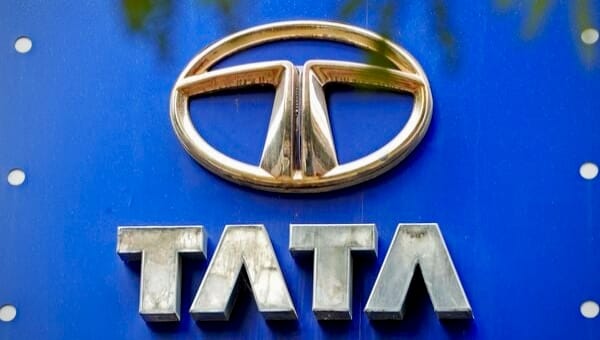
While Dalal Street often hangs on every repo rate pronouncement, Mint Road watchers recognize that the central bank’s influence extends far beyond the monetary policy calendar. The Reserve Bank of India’s recent mandate requiring banks to proactively inform customers about nomination facilities, though devoid of immediate market tremors in rupee dynamics, bond yields, or equity indices, signals a profound commitment to fortifying India’s financial architecture from the grassroots up. This seemingly micro-regulatory adjustment is, in fact, a crucial macro-prudential step, building long-term consumer trust – a foundational element often overlooked amidst daily market volatility.
This operational directive, rather than a conventional monetary policy action, underscores the RBI’s unwavering dedication to consumer protection and financial literacy, aiming to drastically streamline financial asset transfers and preempt myriad future disputes stemming from dormant accounts and staggering ₹1 lakh crore in unclaimed funds. Those who’ve tracked the central bank through multiple cycles understand this isn’t merely procedural refinement; it’s a proactive enhancement, elevating existing nomination regulations from passive availability to active utilization. The Governor’s characteristic pragmatism is evident here, pushing beyond mere service provision to ensure tangible societal benefit. Historically, the RBI has empowered depositors through pioneering initiatives like the Customer Service Code and expansive financial literacy campaigns; this mandate extends that ethos, moving towards preventative measures. The UDGAM portal, launched last year, traced unclaimed deposits post-facto; this new directive strategically designates beneficiaries at the outset, preventing funds from ever becoming an ‘unclaimed’ statistic.
“Ensuring seamless financial asset transfer is a cornerstone of financial inclusion and consumer confidence, providing a stable underpinning that even policy normalization debates sometimes overshadow,” noted a veteran banking analyst in Mumbai, whose decades of observing regulatory evolution have granted him keen insight into Mint Road’s long game. “This directive is a logical extension of RBI’s calibrated approach to reduce friction points for individuals, fostering a robust financial ecosystem.” The RBI now pivots from a passive ‘if requested’ model to an active ‘inform and facilitate’ imperative. This necessitates profound shifts in bank internal processes, substantial staff training, and reimagined customer communication strategies, with customer relationship managers now mandated to discuss nomination facilities during every key interaction, from account opening to fixed deposit renewals and locker agreements.
The sheer scale of unclaimed deposits serves as the potent driving force behind this policy. RBI figures reveal that public sector banks alone held over ₹42,000 crore in unclaimed deposits as of March 2023. Without a designated nominee, heirs confront time-consuming, complex legal gauntlets—succession certificates or letters of administration—which frequently deter claims, particularly for smaller amounts. The nomination facility, meticulously governed by Sections 45ZA, 45ZC, and 45ZE of the Banking Regulation Act, 1949, offers a simple, legally unimpeachable mechanism to avert funds becoming dormant and drastically simplify transfers. The directive’s transmission is direct and swift: RBI promulgates the mandate, and commercial banks are forthwith tasked with comprehensive implementation.
Seasoned bond market participants understand that while this isn’t about liquidity infusion or the yield curve, it’s about systemic health. Within the banking community, the directive has been met with a pragmatic acceptance. “This presents an additional compliance and operational task,” conceded the Compliance Head at a prominent public sector bank, a figure known for navigating complex regulatory landscapes for over two decades. “We will intensify frontline staff retraining, update our communication frameworks, and revise forms to prominently feature nomination. But in the long-term, it’s unequivocally beneficial: it mitigates legal hassles, deepens customer trust, and lessens the administrative burden of managing unclaimed funds on banks.” Monetary policy specialists who’ve briefed multiple Governors concur. “Many disputes over inherited assets, particularly smaller sums, could be entirely circumvented if a proper nomination is in place,” stated Adv. Kavita Sharma, a Mumbai-based legal practitioner specializing in succession law, whose counsel is sought across generations of families. “This RBI move will elevate public awareness about nominations, thereby easing the legal burden on heirs and, critically, on our overburdened judicial system.”
Implications Across the Financial Spectrum
Banking Sector: The primary impact is operational. Banks will incur immediate costs for training, system upgrades, and communication overhauls. However, this constitutes a strategic investment in long-term customer relationships and operational efficiency by substantially reducing future disputes and the administrative drag of unclaimed funds.
Legal/Estate Planning: This will indirectly streamline workload for lawyers traditionally engrossed in securing succession certificates for smaller bank accounts, as valid nominations simplify asset transfers considerably.
Other Sectors (Real Estate, Auto, Consumer Durables):No direct or substantial indirect impact. The directive does not alter credit availability, consumer spending patterns, or the broader investment climate, nor does it affect the inflation trajectory or aggregate growth impulse.
Banking Liquidity & Credit Growth: No discernible impact. This measure fundamentally does not influence deposit mobilization strategies or lending decisions, nor does it touch the CRR.
Long-time monetary policy observers view this as yet another affirmation of the RBI’s relentless emphasis on strengthening India’s consumer protection framework. We can anticipate more such “micro-regulatory” adjustments—often overlooked by those focused solely on forward guidance—aimed at meticulously enhancing transparency, fairness, and ease of access to financial services for the common citizen. The central bank clearly focuses on refining last-mile delivery, ensuring policy intent translates into tangible benefits for individual depositors. For banks, this directive presents a strategic opportunity to deepen customer trust and loyalty. Those proactively educating and facilitating nominations will undoubtedly enhance their brand image and substantially reduce future administrative burdens. This initiative ultimately embodies customer-centric banking, a vital component of a truly financially inclusive India.







